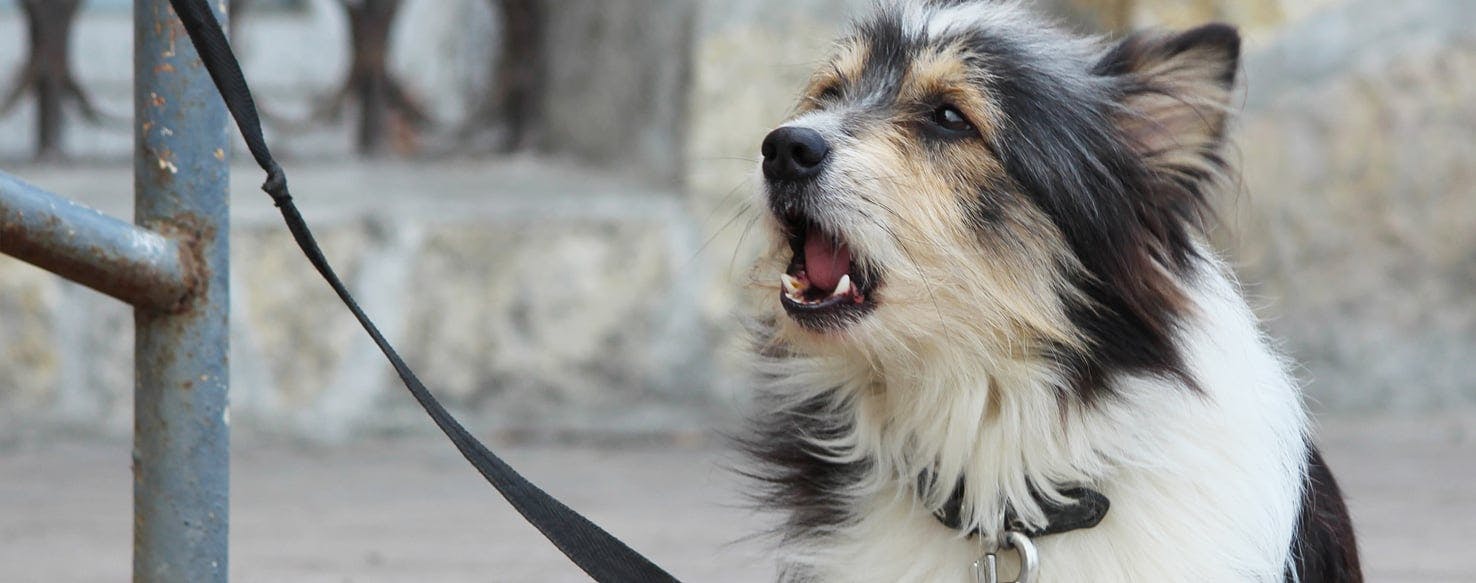A child with a hacking cough is something no parent wants to hear. One cough, in particular, is especially unwelcome. Sounding like a goose honk, this exhausting cough is a typical symptom of pertussis, also known as whooping cough.
An unpleasant infection, it is caused by the bacterium Bordetella pertussis and is easily passed between people. Infection is spread when an individual coughs and spreads droplets containing the bug, and the next person comes into contact with that surface. Children are particularly at risk, and pick up the infection when mixing in nursery classes or at school.
But here's a thought: Could your child infect your dog?
Can Dogs Get Pertussis?
The Bordetella pertussis bacterium is species-specific, so no, canines cannot contract pertussis. This means it's a human to human infection, and your dog is safe.
However, dogs do get a similar infection, more widely known as kennel cough. This is a dog to dog infection, and is indeed the canine equivalent of whooping cough, but caused by a different bug.
How do you recognize the "dog form" of pertussis? Kennel cough presents as listed below.
-
Harsh, honking cough
-
The cough may be so severe it makes the dog retch
-
The cough may last several weeks
-
Altered bark (because of a sore throat)
-
Poor appetite
-
Lethargy
-
Some dogs experience a mild fever
However, coughs can arise for reasons other than kennel cough.
To make a diagnosis, the vet will thoroughly examine your dog. An unvaccinated dog that recently stayed in a boarding kennel would raise the suspicion of kennel cough to the top of the list. If other symptoms are present, such as a heart murmur or harsh lung noises, the vet may need to run diagnostic tests. Otherwise a presumptive diagnosis of kennel cough may be made.
How Do I Treat my Dog's Kennel Cough?
The cough is particularly unpleasant and some dogs need treatment to settle it down.
-
Antibiotics: This isn't always appropriate if the suspected cause is viral
-
Antitussives: Cough medicines that suppress the cough can help the dog rest at night
-
Warming food: This helps heighten appetizing smells and can increase appetite
Dogs are often unwell for at least 2 to 3 weeks, with some feeling poorly for longer than this. Kennel cough is extremely infectious to other dogs and so, a coughing dog should be kept away from other four-leggers.
How is Kennel Cough in Dogs Similar to Pertussis in Humans?
Close your eyes and it can be hard to tell a child with pertussis from a dog with kennel cough. The symptoms are largely the same, as is the misery to the patient or concerned (pet) parent.
-
The cough can last for weeks
-
Infection is caught from contact with infected droplets
-
The condition is easy to catch
-
Antibiotics can shorten the course of the infection but are not a cure
-
Infection is often picked up where groups congregate, like a nursery for children or doggy daycare for dogs
How is Kennel Cough in Dogs Different from Pertussis in Humans?
There are a number of differences:
-
Infection is by a species-specific bug: Bordetella pertussis (people) and Bordetella bronchiseptica (dogs)
-
The condition has different names: Whooping cough (people) and kennel cough (dogs)
-
The infections generally don't cross between different species, so a coughing dog is not a risk to a person and vice versa
Case Study
Bonzo develops a hacking, honking cough. He coughs so hard that he starts retching. Fearing her dog has a bone stuck in his throat, the owner rushes Bonzo to the emergency vet. Bonzo has a slightly raised temperature, enlarged glands in his throat, and any pressure on his windpipe triggers a coughing spasm. The vet also ascertains Bonzo attends a local doggy daycare, from which there have been several recent cases of kennel cough (tracheobronchitis).
Given the mild fever and severity of the cough, Bonzo is started on antibiotics. He is also given an anti-cough injection and instructions to take a codeine-based cough medicine at home. Bonzo must also stay away from other dogs until the cough has gone. Bonzo is feeling better after a few days, but doesn't return to daycare for a couple of weeks, as it takes this long for the cough to pass.


